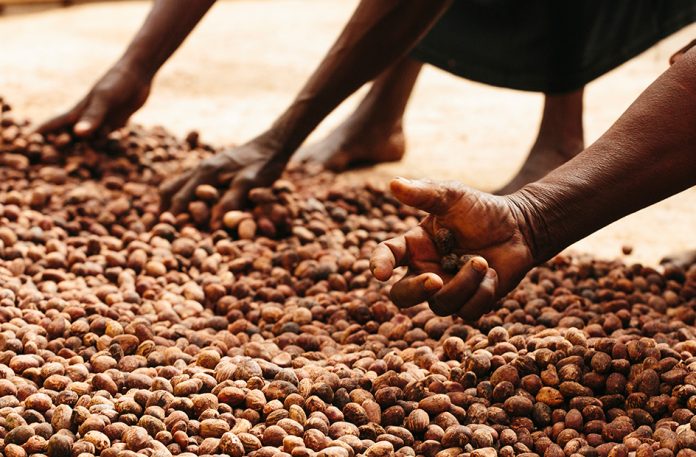Government’s proposed raw shea nut export ban has triggered growing concern among rural women and development experts, who warn it could undermine livelihoods and deepen economic inequity.
Known as ‘women’s gold’, the shea industry remains a lifeline for millions of rural West African women. In Ghana alone, 90 percent of shea nut collectors are women – predominantly operating at the lowest end of the value chain.
While often overlooked, their role is critical: they provide the raw material that sustains a US$600million shea market across West Africa.
A possible government move to impose an export ban on raw shea nuts, aimed at boosting local processing, has sparked a fierce debate. Critics argue it risks impoverishing the very women who have historically sustained the industry.
“Shea nut collection is not just about income – it’s about resilience,” said a development expert familiar with the sector. “It allows women to earn cash, especially during lean seasons; contributing up to 32 percent of their household’s liquid income.”
In West Africa, shea is more than an economic commodity. It is woven into the fabric of rural life, supporting nearly four million women across the sub-region.
These women rely on the nut not only for cash income but also for food, medicinal products and as a buffer against climate-related shocks.
Risks of monopolisation
Under the proposed ban, raw hea nut exports could be curtailed in favour of local processors, most of whom are large-scale commercial operators. But this, critics warn, could leave women producers at the mercy of a few domestic buyers.
There is a risk that if shea nut exports are banned, prices could crash to half their current value, according to industry players.
For instance, of the US$237million Ghana earns from shea exports annually, women could lose over US$100million. That money could end up in the hands of just two or three processors, employing no more than 50 people each.
There are fears that a ban could lead to market manipulation. With limited options, rural women may be forced to sell at distressed prices to local buyers operating as a cartel.
This, analysts say, could reduce the motivation to collect shea nuts at all – threatening both the volume and quality of Ghana’s shea kernel supply.
Other than a flat ban, there are far more important challenges facing the sector. Acording to industry players, apart from climate change the shea industry – unlike cocoa – lacks much-needed support such as incentives for farmers to grow and produce more nuts.
More worryingly, in many shea-producing communities it remains taboo to cultivate shea trees due to a long-held belief that anyone who plants a shea tree will die once it begins to bear fruit
Regrettably, limited efforts have been made to dispel this myth… resulting in continued reliance on wild shea trees and hindering the systematic cultivation of this valuable economic resource.
These are very pertinent issues that need urgent attention than a flat ban on exporting raw nuts.
Need for caution and inclusion
Advocates are urging government not to succumb to the pressures of industrial monopolies. They argue that the real solution lies in empowering women and investing in thevalue chain’s grassroots.
Experts also recommend national programmes to train women in sustainable harvesting, post-harvest handling and quality improvement. They argue that only inclusive development, not protectionist policies, will truly uplift rural communities.
Socio-economic stakes
Shea plays a complex role in rural Ghana. Beyond economics, it contributes to social resilience – offering women a stronger voice in household decision-making and long-term asset building.
Shea supports generations said one local chief. “Before making any decision, policymakers must respect traditional practices and community dynamics. Commercial interests should not come at the cost of rural dignity”.
As the debate continues, stakeholders are calling for a holistic review of the proposed ban; one that considers the voices of millions who depend on shea for their daily survival.










